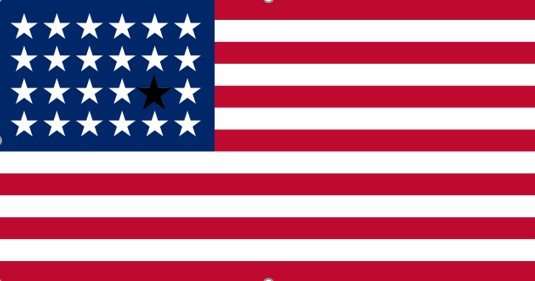The Supreme Court, of the federal united States, decides Barron v. Baltimore (Maryland): the “Bill of Rights” is a limitation on the power of the federal government not the States: “In almost every convention by which the Constitution was adopted, amendments to guard against the abuse of power were recommended. These amendments demanded security against the apprehended encroachments of the General Government — not against those of the local governments.”
NOTE: At issue in this case was the taking of private property by the city of Baltimore. Barron could have argued that the Maryland Declaration of Rights, Article 19 says,
That every man, for any injury done to him in his person or property, ought to have remedy by the course of the Law of the Land, and ought to have justice and right, freely without sale, fully without any denial, and speedily without delay, according to the Law of the Land.
But he did not.
[restored 1/4/2025]
Subsequent Events:
4/14/1873 12/11/1922
Authority:
Article I, Section 8, Clause 18
ccc-2point0.com/constitution-for-the-united-states
Article X of Amendment
ccc-2point0.com/constitution-for-the-united-states
References:
Barron v. Baltimore, 7 Peters (32 U.S.) 243, 250 (1833).
Gerald Gunther, Constitutional Law, twelfth edition, (Westbury, New York: Foundation Press, 1991), 397.
Barron v. Baltimore – Wikipedia, the free encyclopedia
en.wikipedia.org/wiki/Barron_v._Baltimore


